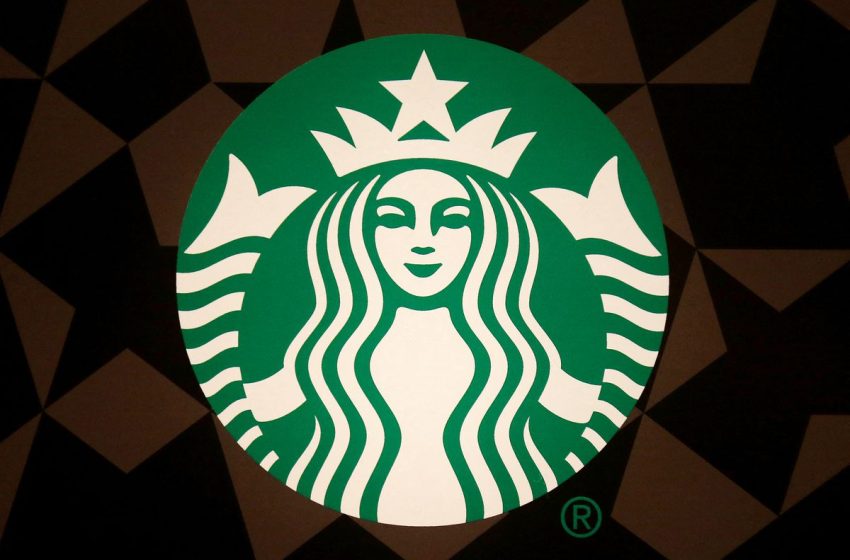
Starbucks to hike prices to offset inflation; lowers profit guidance
Feb 1 (Reuters) – Starbucks Corp (SBUX.O) will raise menu prices in 2022 and reduce some spending to offset soaring costs for labor and goods, as rising COVID-19 cases prompted the coffee chain on Tuesday to lower estimates for profits this year.
The company missed estimates for quarterly profits and comparable sales as the fast-spreading Omicron variant also led to delayed office reopenings and new restrictions in China, the company’s fastest growing market.
Shares fell slightly in extended trading, following a 16% drop last month.
Restaurants are paying more for everything from chicken and cooking oil to packaging and transportation services amid record inflation and COVID-19 disruptions, and many, including Starbucks have raised wages amid the labor shortage.
The extra costs have eaten into margins. McDonald’s profits also missed estimates when it reported its fourth quarter earnings on Thursday. read more
Similarly, Starbucks reported profits of 72 cents per share, missing Wall Street estimates of 80 cents. The company revised its expected adjusted earnings per share growth forecast for 2022 to 8-10%, from at least 10% previously.
The Seattle-based chain – whose workers in more than 50 of its U.S. stores are seeking to unionize – has also paid more to train new employees and for them to isolate after exposure to COVID-19.
“When the Omicron surge began, inflationary costs and staffing shortages were amplified, well in excess of our expectations,” Chief Executive Officer Kevin Johnson said during a call with investors.
After hiking menu prices in October and January, the chain plans to raise them again in 2022 and will cut spending on marketing and promotions, Johnson said.
Starbucks did not specify the products for which it would raise prices. A venti cappuccino is now $5.25.
Global comparable sales rose 13% in the first quarter ended Jan. 2, Starbucks said, while analysts polled by Refinitiv IBES had expected growth of 13.2%.
Same-store sales in the international division declined 3%, reflecting a 14% drop in China. Analysts had expected a 0.5% increase in the international segment.
Several Chinese cities have closed seating areas and restricted movement to curb COVID-19 ahead of the Winter Olympics, knocking the coffee chain’s revenue. The brand also came under fire in the country after a report said two of its stores used expired ingredients. read more
Comparable sales in the United States jumped 18%, benefiting from new cold beverages, higher prices and an increase in rewards members.
Total net revenue rose 19% to $8.1 billion, while analysts had expected $7.95 billion.
Reporting by Praveen Paramasivam in Bengaluru and Hilary Russ in New York; Editing by Devika Syamnath and Aurora Ellis



